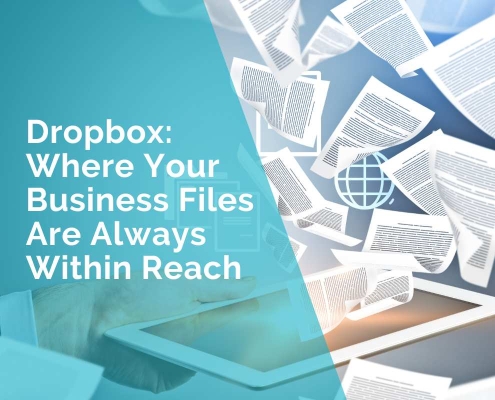Beyond The Hype: Understanding The FinTech Revolution
In the last decade, “FinTech” has gone from buzzword to backbone. You’re tapping your phone to pay for coffee or investing spare change through a slick app, chances are you’ve already interacted with financial technology, perhaps without even realising it. But what exactly is FinTech? And why is it reshaping not just banking, but the way we think about money altogether?
What Is FinTech, Really?
At its core, FinTech is the intersection of finance and digital innovation. It refers to the use of software, algorithms, and data analysis to improve financial services. While this may sound technical, its impact is highly tangible for everyday users. Think of mobile banking, contactless payments, budgeting apps, crowdfunding platforms, or robo-advisors that help you manage your investments. These services are all powered by FinTech, and they’re designed to make managing money easier, faster, and often cheaper.
Practical Benefits For Everyday Consumers
For the average person, FinTech translates into convenience and control. Traditional banking hours? Irrelevant. With 24/7 access to accounts and instant notifications, users are now empowered to track every penny in real time. Budgeting apps help automate savings goals, while peer-to-peer payment platforms make splitting bills with friends seamless.
Access is another major win. People previously excluded from financial services, whether due to geography, credit history, or lack of documentation, are now being brought into the system. Digital wallets and online lenders have opened the doors to financial inclusion, enabling more people to participate in the economy than ever before.
Even investing, once the domain of the wealthy or the well-connected, has been democratised. Micro-investment platforms and AI-powered financial advisors are giving ordinary people the tools to grow their wealth without needing to be experts.
Why FinTech Matters to Small Businesses
FinTech isn’t just revolutionising personal finance – it’s also transforming how small businesses operate. From mobile payment solutions and cloud-based accounting software to AI-driven lending platforms, small business owners now have access to tools that once required an entire finance department.
Platforms like Square, Stripe, and Xero allow businesses to manage cash flow, process payments, and reconcile accounts with minimal overhead. FinTech is levelling the playing field by giving small enterprises the kind of efficiency and insight that was once reserved for corporate giants.
One of the most powerful advantages for small businesses is faster access to capital. Traditional bank loans often involve lengthy applications and strict requirements, which can be a barrier for startups or sole traders.
FinTech lenders, on the other hand, use real-time data and alternative credit scoring models to provide quicker, more flexible funding options. This agility can be a game-changer for small business owners looking to seize opportunities or weather short-term cash flow challenges.
Behind The Screens: A Career In FinTech
The FinTech industry isn’t just changing how we use money, it’s also creating a wave of exciting careers. Roles range from data scientists and blockchain developers to compliance officers and user experience designers. Because it’s such a multidisciplinary field, professionals from tech, finance, design, and even psychology are finding their niche.
And it’s growing. For those thinking about entering the field, it makes sense to pursue qualifications like a graduate certificate in financial technology online, which can offer a flexible route into this dynamic sector without putting your life on hold.
Why It’s More Than Just A Trend
Some might still see FinTech as a passing fad or a playground for techies. It’s no longer a niche, it’s the new normal. The COVID-19 pandemic accelerated digital adoption, but the innovation hasn’t slowed since. Open banking (which allows secure sharing of financial data) and embedded finance (where financial services are integrated into non-financial platforms like ride-sharing apps or e-commerce sites) are just a few developments redefining what financial services can look like.
Meanwhile, sustainability and ethical finance are emerging themes. FinTech firms are finding new ways to align profits with purpose, whether by helping users invest in eco-friendly funds or by creating transparency in donation tracking.
A Future Full Of Potential
As FinTech continues to evolve, so too will the ways we interact with money. But beyond the shiny interfaces and clever branding lies a fundamental shift: financial services are becoming more human-centric, personalised, and accessible.
For consumers, that means more choices and fewer barriers. For professionals, it offers a chance to be part of something innovative and impactful. And for society, it signals a step toward a more inclusive financial future.
So next time you tap to pay, transfer money in seconds, or invest with just a few clicks, take a moment to appreciate the quiet revolution behind it all. FinTech isn’t just changing finance, it’s changing lives.












